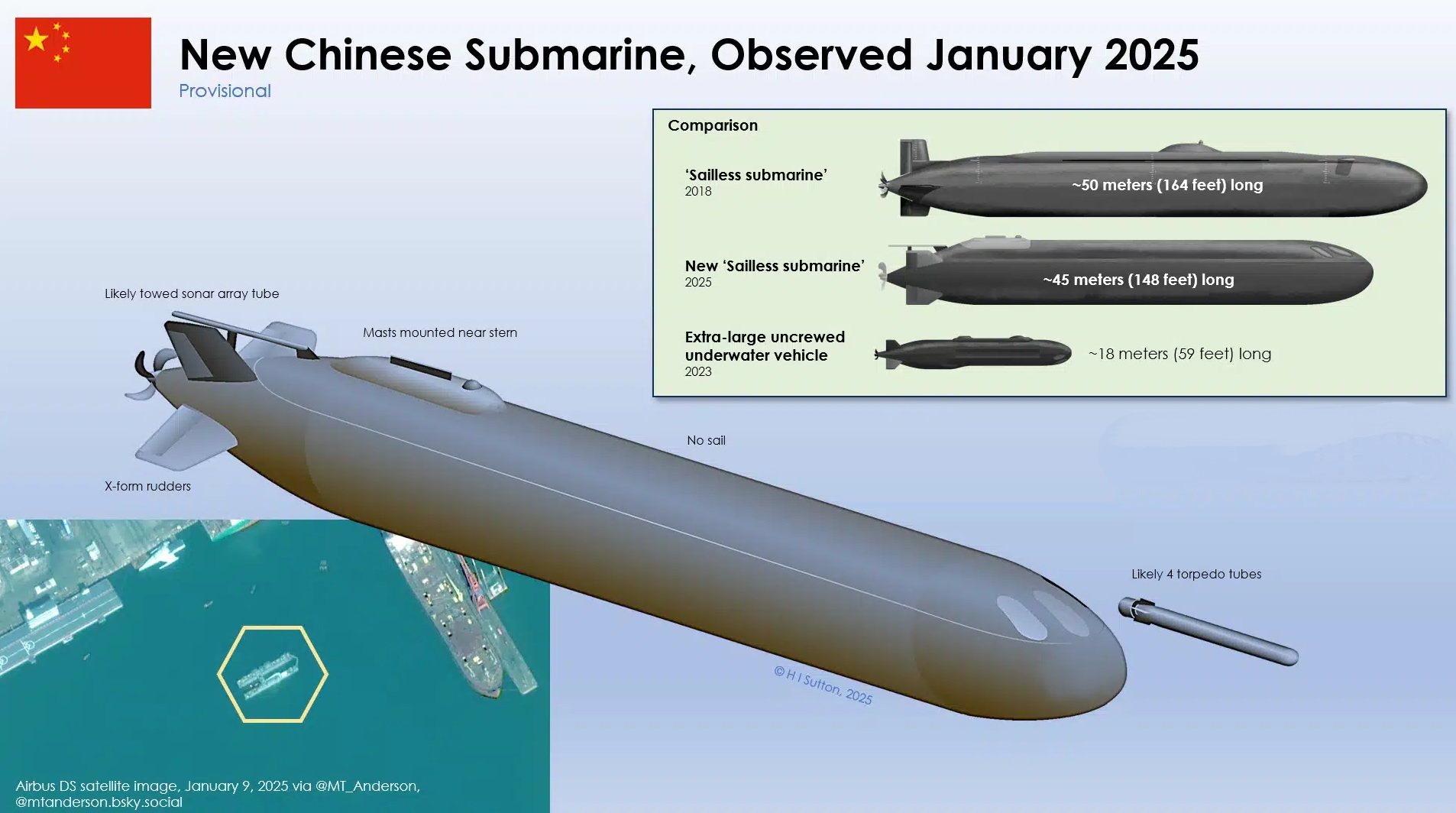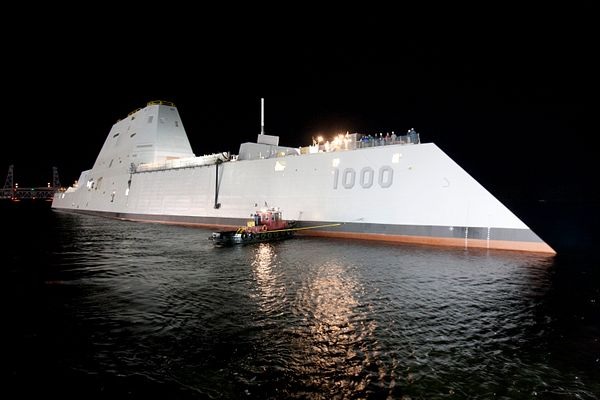Russia Blocks HAL’s Push to Boost Indigenous Content in AL-31FP Engines for Su-30MKI Jets

India’s ambition to enhance self-reliance in defense manufacturing has hit a roadblock as Russia resists Hindustan Aeronautics Limited's (HAL) plan to increase the indigenous content of AL-31FP aero engines. These engines power the Indian Air Force’s (IAF) frontline Su-30MKI fighter jets and are currently being produced under license by HAL at its Koraput division in Odisha.
At present, the level of indigenous content in the AL-31FP engines is below 54%. HAL has outlined a target to raise this to 63% by replacing select assemblies and sub-assemblies with components manufactured in India. However, Russia has expressed significant reservations, citing intellectual property (IP) rights and the terms of the original Transfer of Technology (ToT) agreement.
Challenges of the ToT Agreement
The key limitation stems from the ToT agreement signed between India and Russia. According to the agreement, HAL is obligated to source critical raw materials and components exclusively from Russian suppliers. This provision prevents HAL from incorporating Indian alloys or substituting imported parts with locally made equivalents without obtaining Russian approval.
Russia has made it clear that any unilateral changes to the engine design or production process by HAL would invalidate the warranty on the engines. This warning has put India in a dilemma: while localization could reduce costs and enhance durability, it risks undermining the reliability and after-sales support assured by the original manufacturer.
Protecting Intellectual Property
Russia’s opposition also reflects its concern over protecting proprietary technologies embedded in the AL-31FP engines. By limiting the scope for indigenization, Moscow seeks to maintain control over the production process and safeguard its intellectual property. The AL-31FP engines are a critical part of Russia's defense exports, and any dilution of control over their production could potentially affect future markets.
India’s Push for Indigenization
Despite these hurdles, HAL and the Gas Turbine Research Establishment (GTRE) have been working on plans to increase the local content in the engines. The proposed changes include replacing key assemblies with components made using Indian alloys, which are expected to improve durability and reduce long-term dependency on Russian supplies.
However, if HAL proceeds without Russian authorization, it would need to take on the full responsibility for engine performance, warranties, and after-sales support. This could lead to increased costs for maintenance and greater operational challenges for the IAF.
Strategic Implications
The deadlock comes at a time when India is making significant efforts to boost domestic defense manufacturing under its “Atmanirbhar Bharat” (Self-Reliant India) initiative. The IAF operates a fleet of over 260 Su-30MKIs, making the AL-31FP engine a critical asset for India’s air power. Increasing the indigenization of these engines is not just an economic priority but also a strategic one, aimed at reducing vulnerabilities arising from geopolitical dependencies.
While HAL is exploring alternative solutions, the path forward will likely require renegotiations with Russia to achieve a balance between indigenization goals and safeguarding engine reliability. The outcome of these discussions will have significant implications for India’s defense self-reliance and its long-term relationship with Russia.



